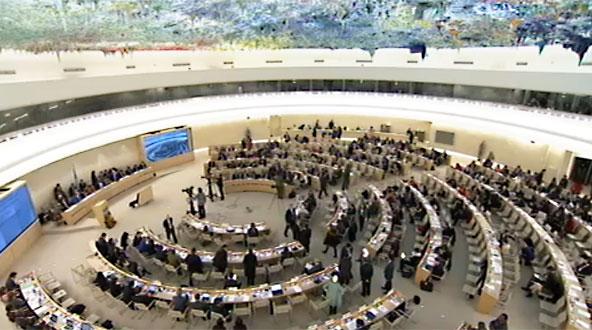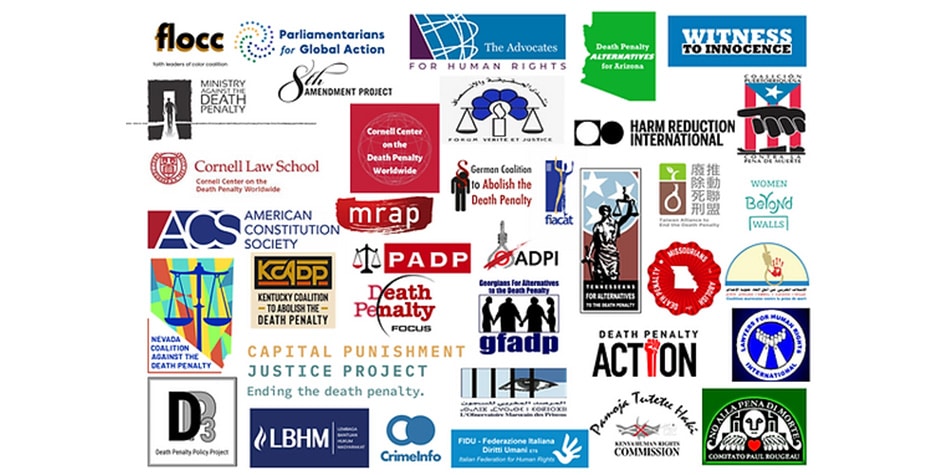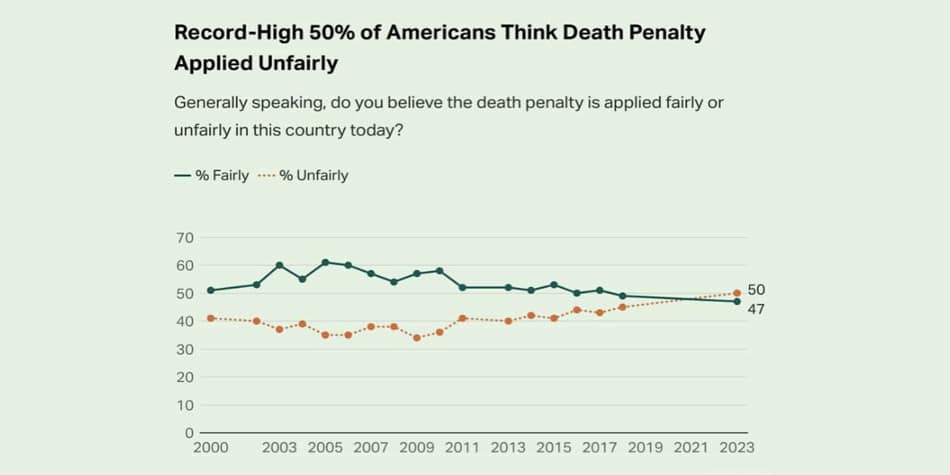
Civil society instrumental in UN monitoring of progress towards abolition
International standards
In its Concluding Observations on the United States on August 29, 2014, the United Nations’ Committee on the Elimination of Racial Discrimination called on Washington to “take concrete and effective steps to eliminate racial disparities at all stages of the criminal justice system,” including by “imposing, at the federal level, a moratorium on the death penalty with a view to abolishing the death penalty”.
The clear link between racism and capital punishment is the latest manifestation of a trend among bodies tasked with monitoring international human rights law, whose public statements on retentionist states increasingly highlight the unacceptable conditions attached to the use of the death penalty.
Such observations, statements and reports by independent experts and international organisations may look like small steps when taken in isolation, but their influence is growing – and civil society has been playing a big part in this evolution.
Among the documentation submitted to the Committee on the Elimination of Racial Discrimination before it made its observations on the US, a report compiled by World Coalition member organisations The Advocates for Human Rights, the Greater Caribbean for Life and the Puerto Rican Coalition against the Death Penalty detailed racial discrimination in the application of capital punishment there. “If the victim is white, a defendant is more likely to be sentenced to death than if the victim is black,” the report stated, adding: “All defendants in the 25 [US federal] death penalty prosecutions in Puerto Rico were from ethnic minorities.”
Violations documented and submitted to UN bodies
The World Coalition and its members document violations of human rights linked to the death penalty and use the information in a steady flow of submissions to United Nations bodies and other official watchdogs.
In September, FIACAT submitted another shadow report to the UN Human RIghts Council for the Universal Periodic Review of Liberia in association with the World Coalition and ACAT Liberia.
“At each review, we push for firm recommendations on limitations to the use of the death penalty and, in some cases, for encouragements to ratify the UN Protocol” on the abolition of capital punishment, said Patrick Mutzenberg, director of the Geneva-based Centre for Civil and Political Rights (CCPR Centre) – another World Coalition member working with the UN Human Rights Committee on the implementation of the International Covenant on Civil and Political Rights.
Helping universally recognised bodies denounce the violations arising from the use of capital punishments, however, is not enough. Abolitionists are also increasingly involved in following up on international recommendations made to retentionist governments.
“In 2013, Indonesia received a recommendation to limit the death penalty to the most serious crimes. It was listed under urgent recommendations, which means the Committee will follow up,” said Mutzenberg. While the government prepares to report on progress, the CCPR Centre and its Indonesian partners conduct their own investigations and will quiz the authorities in January before they submit their own findings to the UN.
“We always work with local NGOs and help them build coalitions,” said Mutzenberg. His organisation is planning similar missions in Malawi and in Sierra Leone (although the Ebola epidemic has delayed work in the latter country).
A rating agency for human rights?
In the past two years, the UN Human Rights Committee has introduced grades to evaluate progress on urgent recommendations. Indonesia will become the first country to receive a mark for its efforts to curb capital punishment.
“We are pushing for the Human Rights Committee to become a sort of rating agency, based on objective criteria,” said Mutenberg. “The input of NGOs is crucial: once the government has reported, other points of view are necessary. This also means all our reports must be done in the most scientific way.”
International organisations, however, can only monitor and evaluate states that have committed to certain standards and accepted to have their implementation reviewed through a treaty. While all UN member states have ratified at least one major international human rights treaty, much remains to be done to extend the jurisdiction of international human rights law – another area of work for abolitionists.
While conventions on torture, the rights of children, etc. all help highlight violations associated with capital punishment, the UN Protocol on the abolition of the death penalty is the World Coalition’s key target treaty. Its director Maria Donatelli said the Coalition had recently asked UN Secretary General Ban Ki-moon to mark the 25th anniversary of its adoption.
“As a result, the importance of the ratification of that treaty was highlighted in the list of treaties submitted by the Secretary General to member states for the 2014 Treaty events, which will take place in New York from September 23rd,” Donatelli said in reference to the annual UN conference promoting the adoption of international agreements.







